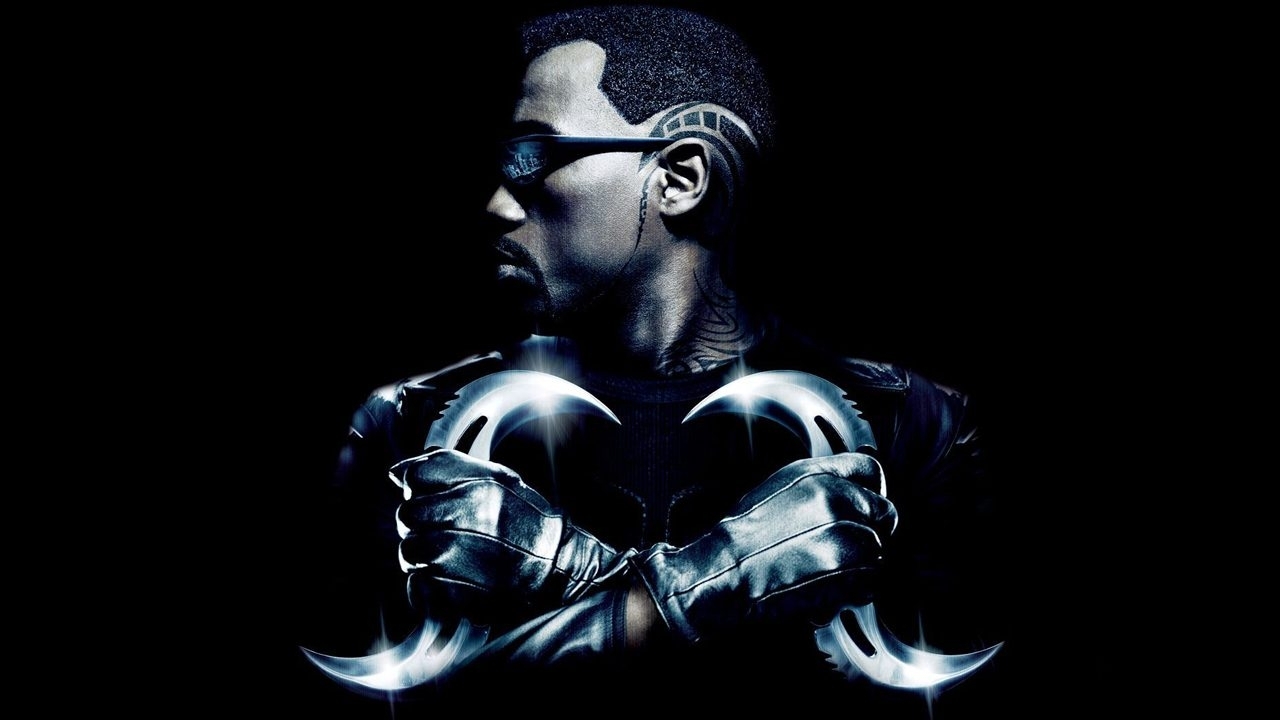The second wave of the pandemic forces more restrictive measures in the Dpcm just signed by the Prime Minister. Bars and restaurants close after 6pm from Monday until November 24th. According to Fipe-Confcommercio, the announced measures will cost another 2.7 billion euros to catering companies. The repeated announcements of early closures have already produced the desertification of the premises and, regardless of the news on the actual opening hours, the restrictions must be accompanied by measures of economic refreshment. In the press conference, Prime Minister Giuseppe Conte explained that the compensation should go to the Official Gazette already Tuesday: They are already ready for the benefit of all those who will be penalized by these new rules. The refreshments will arrive directly on the current accounts of the interested parties by bank transfer through the Revenue Agency. A new, one-off monthly allowance will be offered to seasonal tourism, entertainment, intermittent sports workers, added the premier. There is confirmation of the redundancy fund, a further month of emergency income and support measures for the agri-food chain. There will be a tax credit for commercial rentals in October and November – he explained – the suspension of the second Imu installment. At the moment, I would say that Nadef’s accounts are not altered. There is no need to alter the public finance framework already approved by Parliament – explained Conte -. If we manage to keep the curve under control, I see no prospect of making new deviations.
–
The revenue model
On the website of the Agency led by Ernesto Maria Ruffini There is already an operational guide for the non-repayable grants that were disbursed to businesses in May to face the first wave of the pandemic. The premier explained that this scheme will be used, which proved useful during the first phase. It should be noted that there is not yet an operational rule that should go to the Council of Ministers and then to the Official Journal. It will probably be followed by an explanatory circular of the Revenue. What is known – assuming the scheme proposed in May for good – is that the grant may be requested by VAT holders who carry out business or self-employment activities, such as the managers of bars and restaurants. The first requirement – provided for in that decree – was the achievement, in 2019, of an amount of revenues or remuneration not exceeding 5 million euros. To obtain the disbursement of the non-repayable grant, at least one of these requirements was necessary: 1) amount of turnover and fees for the month of April 2020 lower than two thirds of the amount of turnover and fees for April 2019 (this time the calculation for the months of October and November 2019 will be parameterized). 2) The start of the activity starting from 1 January 2019.
–
Amounts
The amount of the non-repayable grant in May was determined by applying a different percentage to the difference between the amount of the turnover and the fees for the month of April 2020 and the same amount for the month of April 2019. The expected percentages were as follows:
–
1) 20%, if revenues and remuneration for the year 2019 are less than or equal to 400,000 euros
2) 15%, if the revenues and remuneration of the year 2019 exceed € 400,000 but not the amount of € 1,000,000
3) 10%, if revenues and remuneration for the year 2019 exceed € 1,000,000 but not the amount of € 5,000,000.
4) The contribution in any case recognized for an amount not less than 1,000 euros for individuals and 2,000 euros for individuals other than individuals.
–
How to apply
The Revenue Agency explained in June that taxpayers could apply for the non-repayable grant by submitting an application. Which must contain the tax code of the person requesting the contribution (and of his legal representative, in the case of a person other than a natural person) and the IBAN of the current account on which to credit the sum. Which must be in the name or joint name of the person requesting the contribution.
– .


